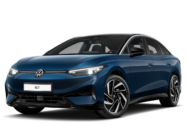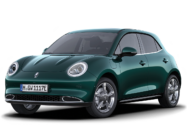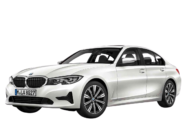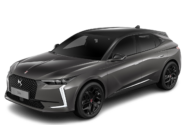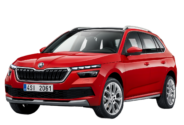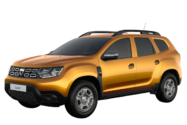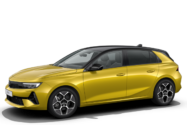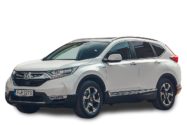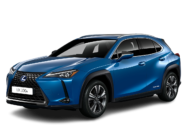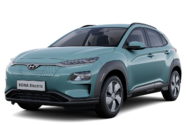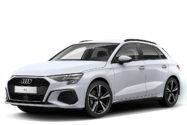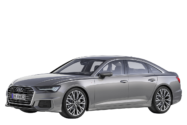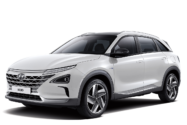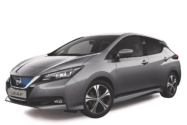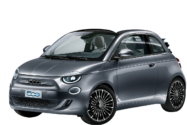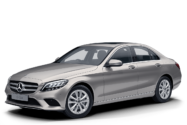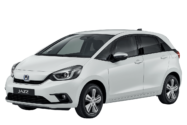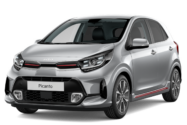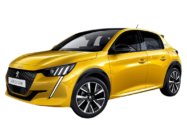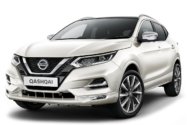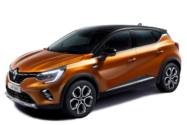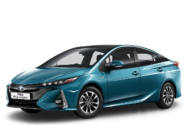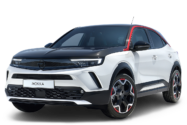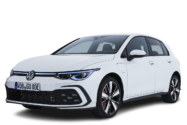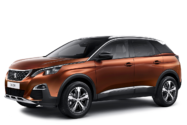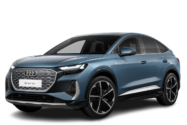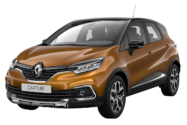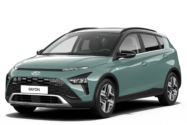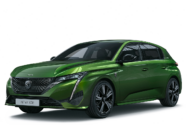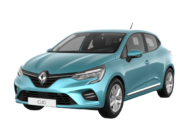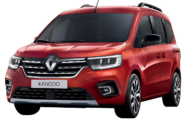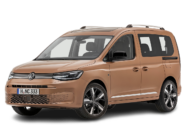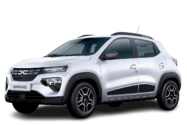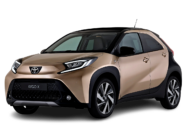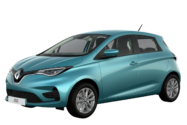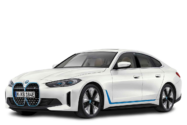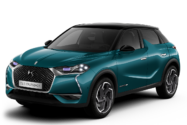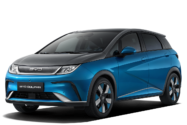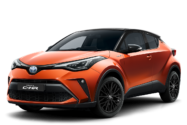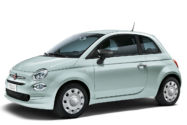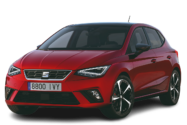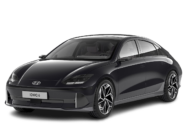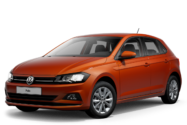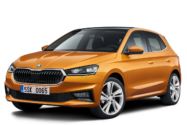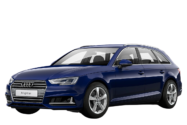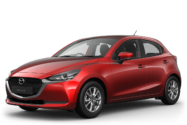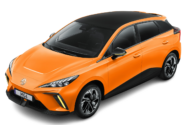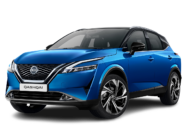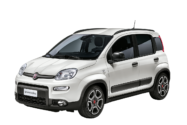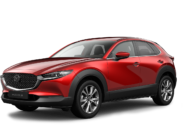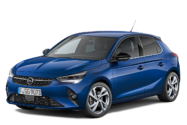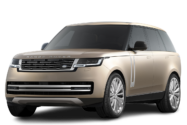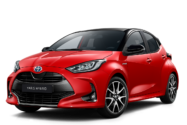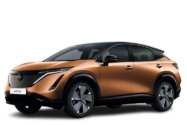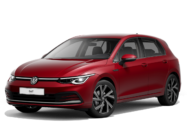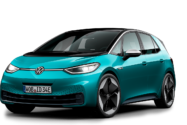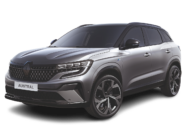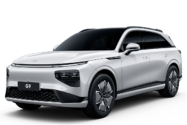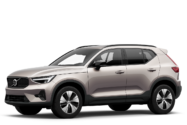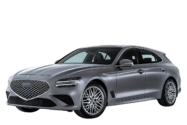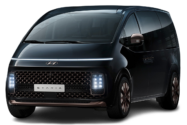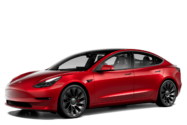30th June 2022
Green NCAP Posts New Results under Toughened Rating Regime
Today, Green NCAP publishes the results of six vehicles under its updated and improved rating scheme of 2022. Audi takes home five stars for its all-electric sportback, the Q4 e-tron, while the 48V-mild-hybrid Hyundai BAYON, the Renault Kangoo TCe 130 and the VW Caddy 1.5 l TSI all earn 2.5 stars. The Peugeot 308 1.2 l PureTech receives two stars and the Genesis GV70, with its 2.5 l petrol engine, only achieves one star.
In 2022, the Green NCAP rating criteria received an update. As powertrain technologies improve and the car market moves rapidly towards electrification, test protocols and rating scheme have been adjusted to better suit the rapidly evolving technology and sustainability trends.
“Until today our assessments covered tank-to-wheel evaluation only. Cars obtained a star rating based on their emissions and efficiency performance from charging point or fuel pump to performance they delivered on the road”, says Technical Manager Aleksandar Damyanov. "Green NCAP’s new rating covers a Well-to-Wheel+ greenhouse gas assessment, signifying a much broader approach.”
This means that the greenhouse gas emissions related to the extraction, production and distribution of energy from the source (“well”) are added to the measured tailpipe emissions (“wheel”). The “+” signalises that the construction of powerplants and refineries is also considered, but not yet the vehicle and battery production itself. As before, the rating combines the results of real-world on-road tests and different laboratory roller-bench investigations, however, cars are now subjected to a two-stage testing process. Vehicles which have scored well on the basis of tests in the first stage qualify for additional testing in the second stage to prove the robustness of their performance under more challenging conditions.
In the first batch of 2022, only the Audi Q4 e-tron qualified for the additional robustness testing. This large SUV scores well in all three parts of the assessment – Clean Air, Energy Efficiency and Greenhouse Gases – as it is a fully electric vehicle with zero emissions at the tailpipe and a high efficiency powertrain, assumed to be charged with the average European electricity mix as forecasted for the next 16 years. The Q4 only loses a fraction of points in the cold ambient and highway tests.
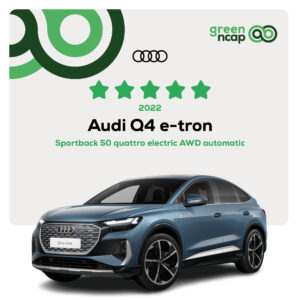 |
 |
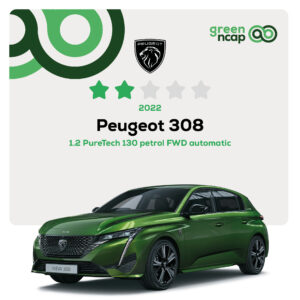 |
The VW Caddy scores a creditable 2.5 stars, but its Clean Air Index would have easily been higher if the ammonia emissions were controlled better. The Renault Kangoo, on the other hand, controls all pollutants well but loses points due to its higher energy consumption and related greenhouse gas output. The powerful luxury SUV from Genesis, the GV70, couldn’t score well due to its significant fuel demand, while in the same time it also failed to impress with adequate pollutants control, which eventually left it with just one green star.
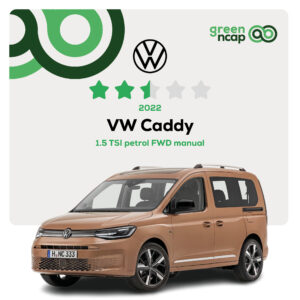 |
 |
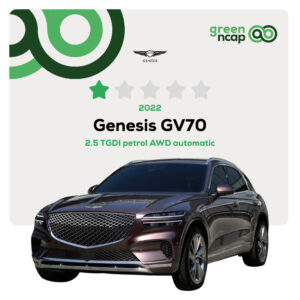 |
“The new Well-to-Wheel+ rating of greenhouse gases gives a much more realistic assessment of the real environmental impact of cars, whether they are combustion-engined, electric or some combination of the two. With the new approach, we hope to encourage the understanding that not only delivering a clean end product is important, but the whole process should be made greener and transparent.” Damyanov says. “Going further, also vehicle and battery production must find its way into the rating system, however, at the moment even the best analyses are not accurate enough to allow us to do this. We are, however, working towards a holistic life-cycle based methodology and recently introduced a full life cycle assessment for consumer information purposes only.”
Editor’s note
Green NCAP is hosted and supported by the European New Car Assessment Programme
Follow us online and on social media:



